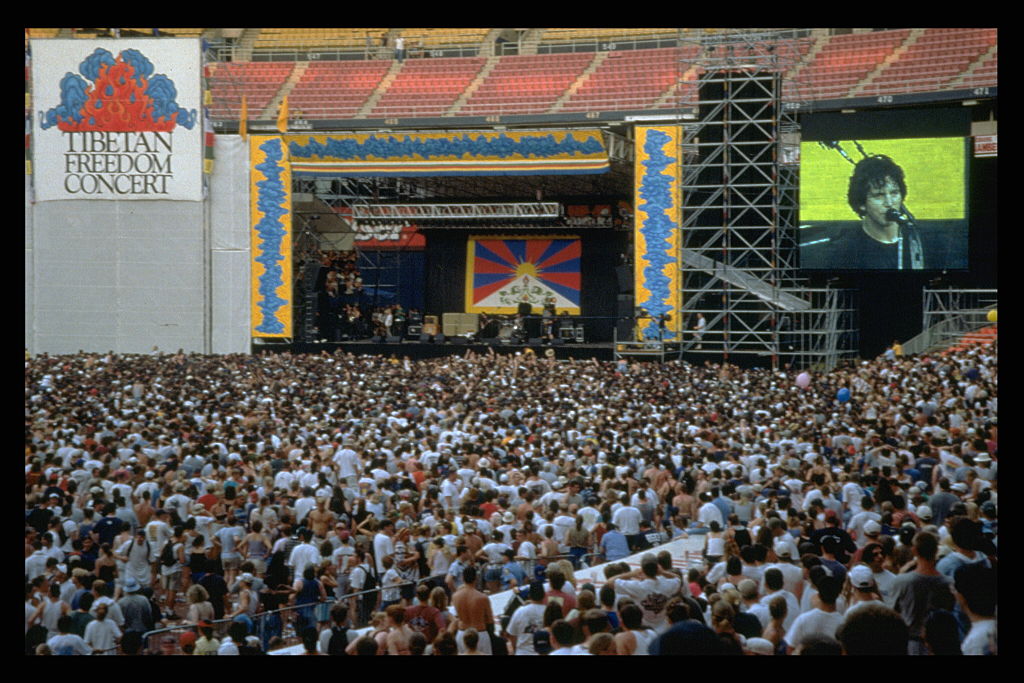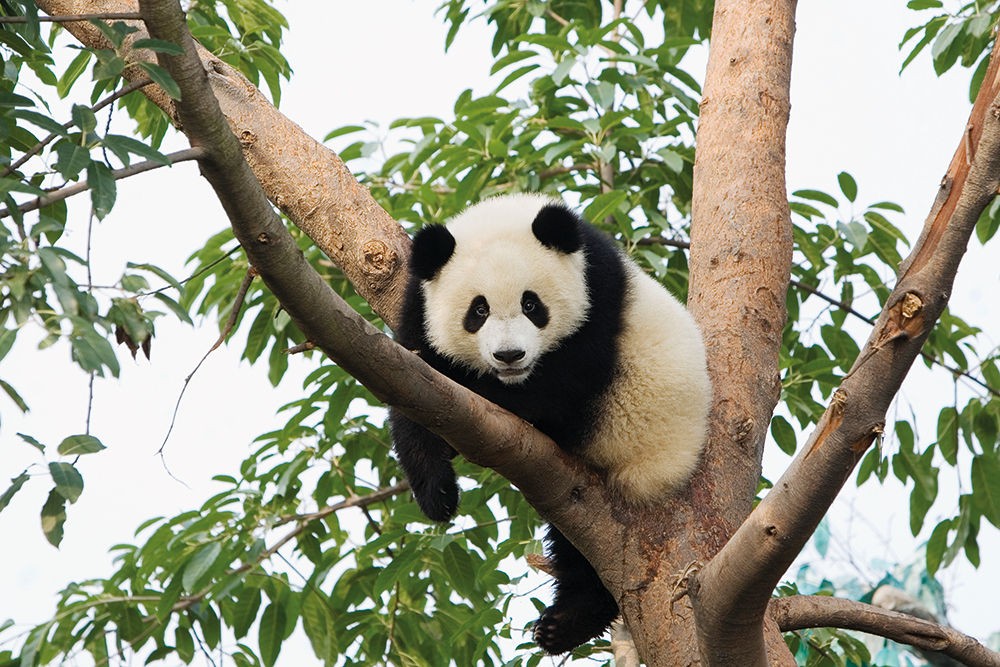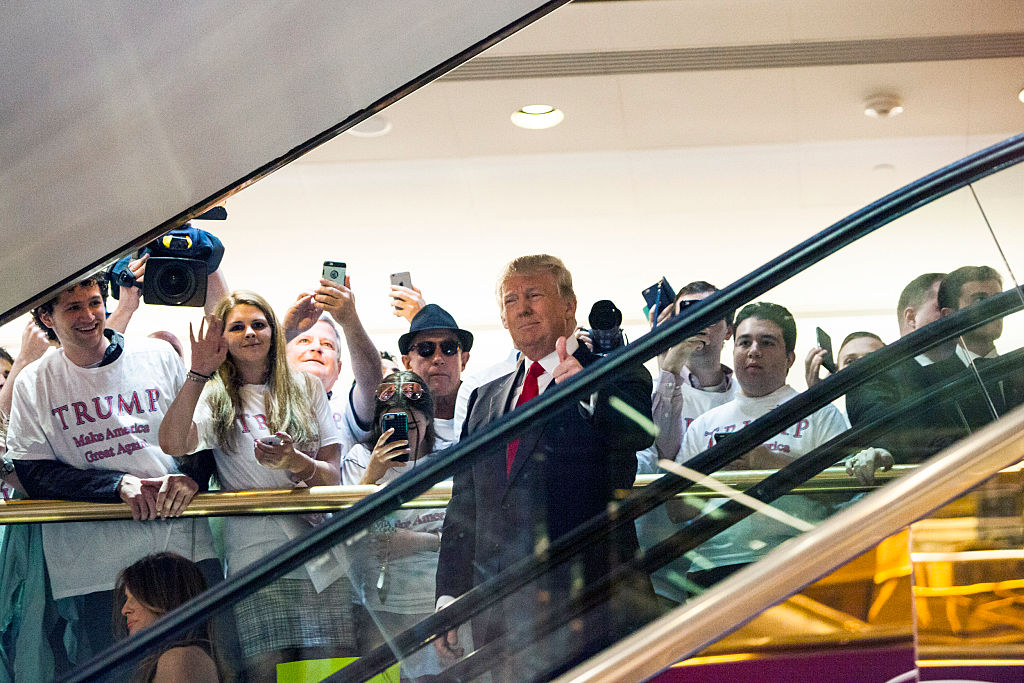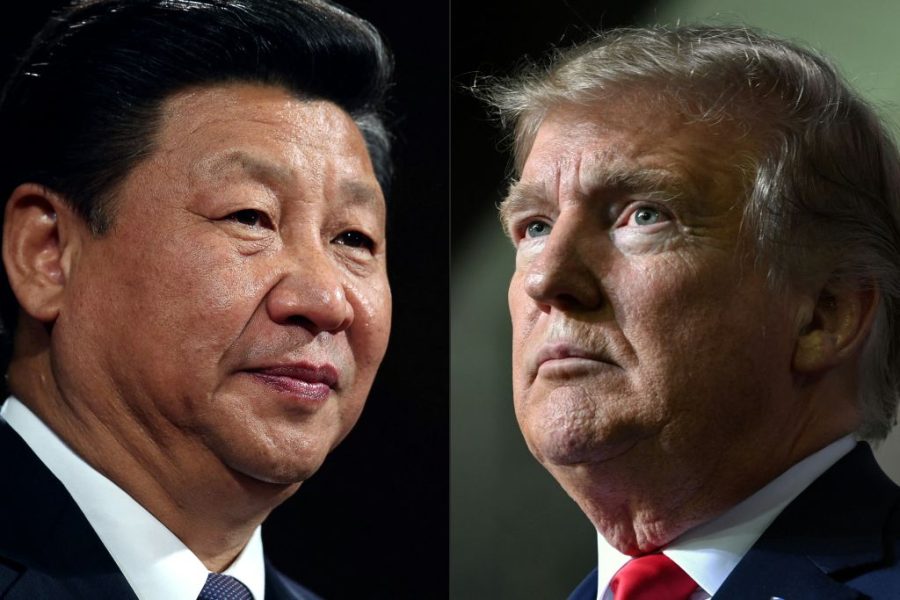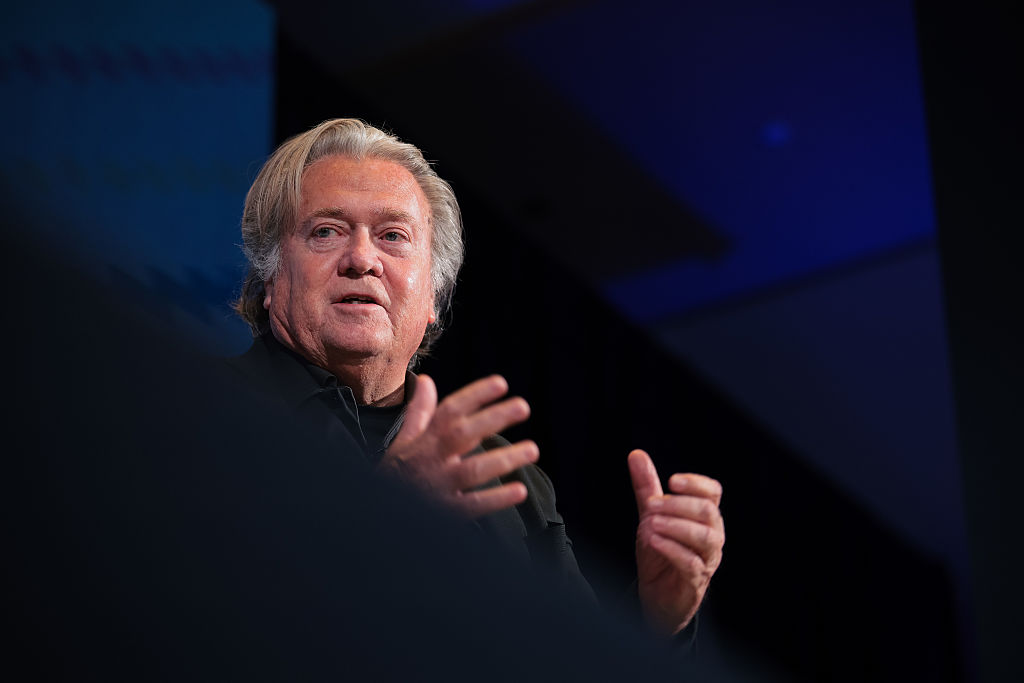Remember “Free Tibet?” The Tibetan Freedom Concert, a series of music festivals that began in 1996, featured such impressive acts as the Beastie Boys, Red Hot Chili Peppers, Smashing Pumpkins, Rage Against the Machine, U2 and A Tribe Called Quest. An entire generation of young Americans — enchanted with “the other” of Tibetan Buddhism — had no qualms condemning what they believed to be an authoritarian Chinese regime.
And why not? The People’s Republic of China, however much they fumed over international denunciations of the Tibetans, seemed weak, and incapable of silencing the Western entertainment industry’s indignation. These days, not so much. The NBA apologizes for players or coaches who criticize Beijing’s actions in Hong Kong. In 2019, during China’s crackdown in Hong Kong, Taylor Swift ignored the “haters” and performed in Shanghai. Hollywood moguls eager to maximize profits in a huge market kowtow to the communists.
It is impossible to imagine a “Free Hong Kong” or “Stop Uighur Genocide” concert today, headlined by Beyoncé, The Weeknd or Ariana Grande. The Chinese Communist Party’s influence is too strong, and the American entertainment industry’s backbone too weak, for such a movement. Though that’s not to say that such protests aren’t more warranted than ever, as Colonel Grant Newsham’s new book, When China Attacks: A Warning to America, makes clear.
As the title suggests, Newsham’s book is, at least in part, a reflection on what a future conflict between the PRC and the United States might look like. It’s an arresting intellectual exercise. Newsham’s early chapters imagine what many foreign policy experts and military officials are warning may occur before 2030: a PRC military invasion of Taiwan. However, as Newsham warns, it’s not just about Taiwan, but China’s desire to project force across the Pacific, and, by extension, end US military dominance in the region. And that will have catastrophic military and economic results for the United States. “With the loss of Taiwan, America is finished in Asia,” he writes.
The second and longest part of Newsham’s book extensively catalogs all the ways that Beijing for decades has been preparing to fight (and defeat) us. As a friend of mine who served in the Persian Gulf War and later Afghanistan likes to say, “while we were fighting al-Qaeda and the Taliban, the Chinese were fighting us.” This one-sided “cold war” has been fought on many fronts, not only militarily, but also technologically, economically and politically.
But let’s start with the military. Over the last twenty years, China’s defense spending has grown five-fold, resulting in a dramatic increase in the number of fighters, submarines, surface vessels, ballistic missiles, and aircraft carriers (of which they had none in 2020). Its shipbuilding capacity now exceeds American shipyards by a large margin, and it has been building a network of ports and airfields that it owns and operates across the world. There is now a People’s Liberation Army (PLA) Marine battalion stationed at a PRC military base in Djibouti.
The Chinese military has already been flexing its muscles against the US. In the last two decades, the PRC has regularly harassed US ships and aircraft operating in international waters and airspace. That has included frequently ramming or attempts to ram American naval vessels. In March, China’s military tracked and threatened the USS Milius, a guided missile destroyer,around the disputed Paracel Islands in the Pacific.
Newsham also cites examples of PRC theft of US military technology, including the Chinese hackers who in 2018 penetrated the systems of a US Navy contractor to steal submarine technology. The PLA’s Y-20 transport aircraft closely resembles our $3.4 billion C-17, because a Chinese aerospace consultant stole 630,000 files from Boeing. PLA hackers also stole classified technology about our most advanced fifth-generation fighter, the F-35, in order to build their own J-31. They also obtained controlled details about the US Air Force’s F-22 fighter, B-2 stealth bomber, space-based lasers, missile navigation and tracking systems, and nuclear submarine and anti-air missile designs.
All of this thievery has enabled the PRC to approach military and technological parity with the US in the event of a conflict. But Beijing has been doing the same thing in regards to all American industries. Newsham reports that American companies suffer damages between $225-$600 billion every year to both hackers and corporate spies, harming not only profits but future earnings, R&D development, and, of course, American jobs. Our nation has lost 3.7 million jobs to China just between 2001 and 2018, according to the Economic Policy Institute.
Beijing also wants to displace the US dollar as the world’s reserve currency, which would deprive Washington of its most powerful tool to apply pressure against the CCP. As more US commercial firms flock to China for cheap manufacturing, the more convertible foreign exchange it acquires. That economic shift also means the US military is now dependent on Chinese suppliers for batteries, microelectronics and metal casings for bullets.
The CCP has also made inroads into American culture and politics. Corporate media for years willingly played along with Beijing’s false narrative on the coronavirus (both in terms of its origins and the number of Chinese deaths). And American journalists over-rely on Chinese “think-tank” and academic sources who are specially recruited by China’s Ministry of State Security to work in foreign news bureaus. Confucius Institutes and Confucius Classrooms in turn enable the CCP to project its ideology into US universities and grade-school classrooms.
The US-China Economic and Security Review Commission in its annual reports to Congress have noted that “the CCP seeks to revise the international order to be more amenable to its own interests and authoritarian government systems.” It has reported that “Chinese leaders portray the United States as a waning superpower on a path towards inevitable decline.” Newsham neatly summarizes: “the Chinese Communist Party does not distinguish between peacetime and wartime like Americans do.”
Like my US Army veteran friend likes to warn, the Chinese Communist Party has been at war with us for decades. As the alarming and illuminative When China Attacks warns us, it’s time for the American public to more clearly recognize this daunting threat to our security and way of life. And it would be helpful if our entertainers renewed their protests against Chinese authoritarianism and corruption. How about a “Free Xinjiang” music festival?



